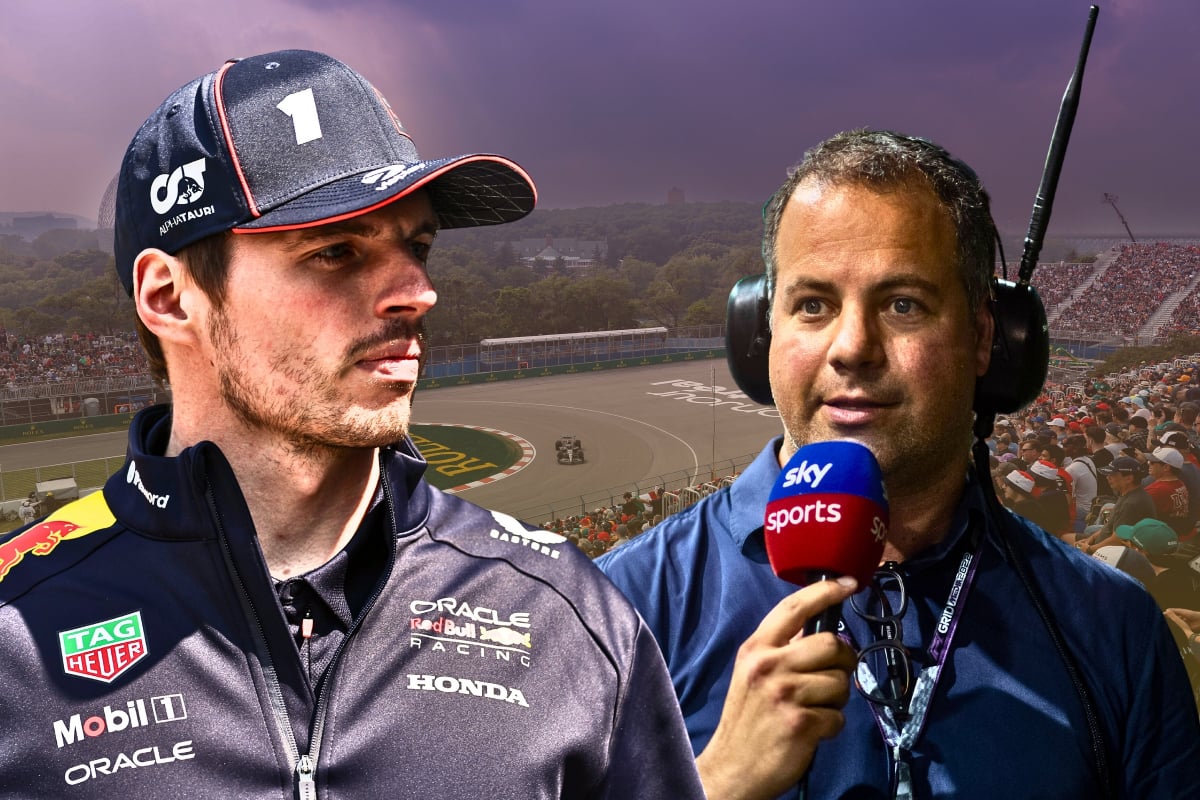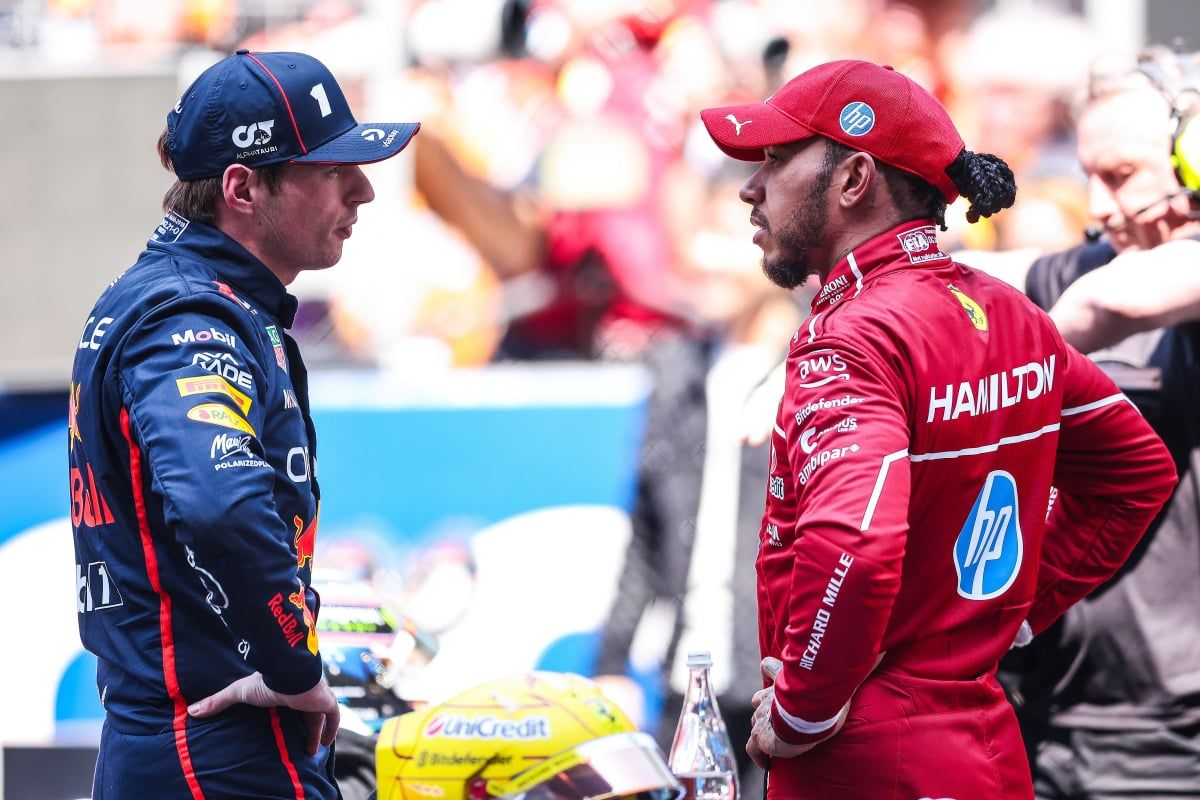Max Verstappen vs Ted Kravitz beef unpacked: F1 champion in latest bust-up with S… read more
Max Verstappen’s fiery personality and unwavering competitiveness have made him a dominant force in Formula 1, but they’ve also fueled a persistent tension with Sky Sports, particularly with reporter Ted Kravitz. This simmering rivalry, far from a fleeting disagreement, represents a deeper clash of perspectives on the sport, its presentation, and Verstappen’s role within it.
Verstappen’s ascent to F1 dominance, marked by his nail-biting 2021 championship victory against Lewis Hamilton, thrust him into the global spotlight. His subsequent back-to-back title wins in 2022 and 2023, coupled with Red Bull’s constructor’s championship victories, solidified his status as a champion but also positioned him, in the eyes of some, as the sport’s antagonist. The sheer dominance of Red Bull in these seasons, while a testament to Verstappen’s skill and the team’s prowess, undeniably contributed to a perception of a less exciting championship. This narrative, often reflected in media coverage, seems to be a significant source of friction for Verstappen.
Verstappen’s frustration with certain aspects of the F1 media landscape goes beyond simple criticism of his performance. He openly expresses his disdain for the “entertainment” side of the sport, actively avoiding events like F1 movie premieres and expressing his disapproval of the spectacle surrounding races like Miami and Las Vegas. This suggests a fundamental difference in how Verstappen views his profession compared to the broader media’s framing of it. He prioritizes the pure racing and competition, less focused on the glamour and showmanship that often accompany the sport.
The conflict with Sky F1, particularly with Ted Kravitz, exemplifies this tension. Their most notable clashes often stem from Kravitz’s pointed questions and commentary, which Verstappen perceives as biased or unfair. The most prominent example is the controversy surrounding the 2021 Abu Dhabi Grand Prix, where a last-lap safety car intervention dramatically altered the race outcome, gifting Verstappen his first championship. Kravitz’s remarks, alluding to Hamilton being “robbed” and jokingly referring to him as an eight-time champion, sparked a Red Bull boycott of Sky Sports during the 2022 Mexican Grand Prix. This boycott, while short-lived, underscored the depth of Verstappen’s dissatisfaction with certain narratives surrounding his victories.
More recent incidents further highlight this conflict. Following the controversial Spanish Grand Prix in 2024, where Verstappen’s actions towards George Russell were questioned, Kravitz’s line of questioning regarding Red Bull’s sporting director, Stephen Knowles, triggered another heated exchange. Verstappen’s resistance wasn’t merely about defending his team; it reflects his growing weariness with what he considers repetitive, and potentially unfair, scrutiny from Sky Sports. Similar confrontations with Rachel Brookes, another Sky Sports reporter, during the same race weekend, indicate this isn’t a singular issue with Kravitz but a broader sense of discontent with the network’s approach to covering him.
The tension between Verstappen and Sky Sports transcends individual personalities. It reveals a broader conflict between a driver intensely focused on the sporting aspect of F1 and a media landscape increasingly driven by narrative, entertainment, and the dramatic aspects of the sport, sometimes at the expense of a purely sporting analysis. While Verstappen’s reactions can be sharp and unyielding, his discontent likely stems from a feeling that certain narratives unfairly diminish his achievements and fail to fully acknowledge the sporting intensity of his performances and dedication to racing. The future of their relationship remains uncertain, but the underlying tension between the driver’s perspective and the media’s interpretation of the sport is unlikely to disappear anytime soon.




